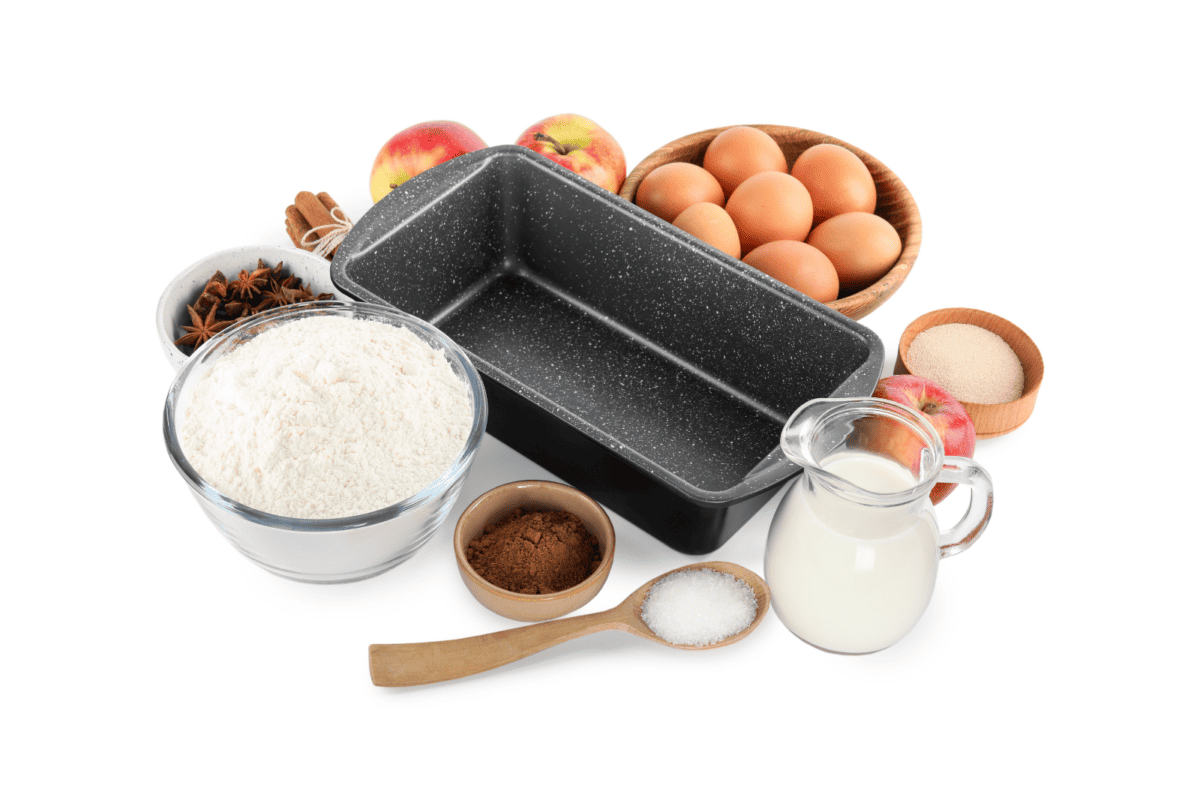- Understanding the Connection Between Tinnitus and Weather - May 17, 2025
- The Most Unexpected Reasons Hearing Aids Can Malfunction - May 9, 2025
- How OAE Testing Unveils Hidden Hearing Loss - April 15, 2025
Your sense of hearing connects you with the world around you. As we age, however, our hearing abilities can decline due to various factors, including genetics, noise exposure, and lifestyle choices. While we cannot prevent all causes of hearing loss, emerging research suggests that certain nutrients might play a role in supporting and maintaining optimal hearing health.
Antioxidants: Safeguarding Against Oxidative Stress
Oxidative stress, a process where harmful molecules called free radicals damage cells, is implicated in age-related hearing loss and noise-induced hearing damage. Antioxidants counteract these free radicals and protect cells from damage. Some key antioxidants include:
Vitamin C
Found in citrus fruits, strawberries, and bell peppers, vitamin C supports blood circulation to the inner ear and helps protect delicate hair cells from oxidative stress.
Vitamin E
Nuts, seeds, and leafy greens are rich sources of vitamin E, which has shown potential in reducing age-related hearing loss by maintaining blood flow and cell integrity in the auditory system.
Selenium
This mineral, found in foods like Brazil nuts, fish, and whole grains, supports antioxidant enzymes that neutralize damaging free radicals.
Omega-3 Fatty Acids
Omega-3 fatty acids, commonly found in fatty fish, flaxseeds, and walnuts, are renowned for their cardiovascular benefits. They also play a role in supporting neuronal health, including the auditory nerve, which transmits sound signals to the brain. Research suggests that a diet rich in omega-3s might help reduce the risk of age-related hearing loss and improve auditory function.
Magnesium
Noise-induced hearing loss, often caused by exposure to loud sounds, can damage the delicate hair cells in the inner ear. Magnesium, abundant in leafy greens, nuts, and whole grains, may offer protection against such damage by regulating blood flow to the inner ear and minimizing the negative impact of loud noises.
Zinc
Zinc, a mineral found in meats, nuts, and legumes, is essential for various bodily functions, including immune system regulation and the healing of wounds. It also plays a crucial role in maintaining the health of the cochlea, the spiral-shaped structure in the inner ear responsible for translating sound vibrations into electrical signals.
Folate
Folate, a B-vitamin found in leafy greens, lentils, and fortified cereals, is known for its role in cell division and DNA synthesis. Recent studies have suggested a potential connection between folate deficiency and an increased risk of age-related hearing loss. Folate’s ability to enhance blood flow to the inner ear may contribute to its protective effects.
Vitamin D
Vitamin D, often associated with bone health, also plays a role in immune system regulation and reducing inflammation. Inflammation can contribute to hearing loss, particularly in cases of autoimmune-related hearing disorders. Exposure to sunlight and consumption of vitamin D-rich foods like fatty fish and fortified dairy products can contribute to maintaining adequate levels.
Potassium
The inner ear relies on precise fluid balance to function properly. Potassium, a mineral found in bananas, sweet potatoes, and beans, plays a crucial role in maintaining this balance. It helps regulate the fluid within the cochlea, contributing to optimal hearing function.
Diversity is Key
While these nutrients hold promise in supporting hearing health, it’s important to remember that no single nutrient can guarantee perfect hearing. A well-balanced diet that includes a variety of nutrient-rich foods is essential for overall health, including auditory well-being. Here are some tips for incorporating these nutrients into your diet:
Diversify Your Diet
Consume a range of nutrient-rich foods to ensure you’re getting a variety of vitamins and minerals that contribute to hearing health.
Choose Omega-3 Sources
Include fatty fish like salmon, mackerel, and sardines in your diet, along with plant-based sources like flaxseeds, chia seeds, and walnuts.
Go Colorful
Opt for a colorful array of fruits and vegetables to ensure you’re getting a wide range of antioxidants, including vitamin C and E.
Snack on Nuts
Nuts are excellent sources of magnesium, zinc, and vitamin E. A handful of nuts can be a nutritious and satisfying snack.
Consider Supplementation
If you struggle to meet your nutrient needs through diet alone, consult a healthcare professional about appropriate supplements.
While genetics and external factors play significant roles in hearing health, incorporating nutrient-rich foods into your diet can potentially contribute to maintaining optimal auditory function. Antioxidants, omega-3 fatty acids, minerals, and vitamins all play unique roles in supporting different aspects of hearing health. By embracing a balanced diet rich in these nutrients, you’re taking proactive steps towards nurturing your auditory well-being and enjoying the sounds of life for years to come.

